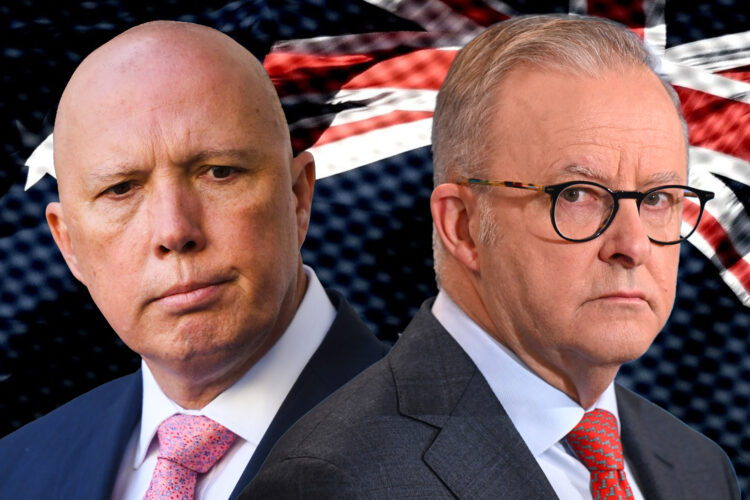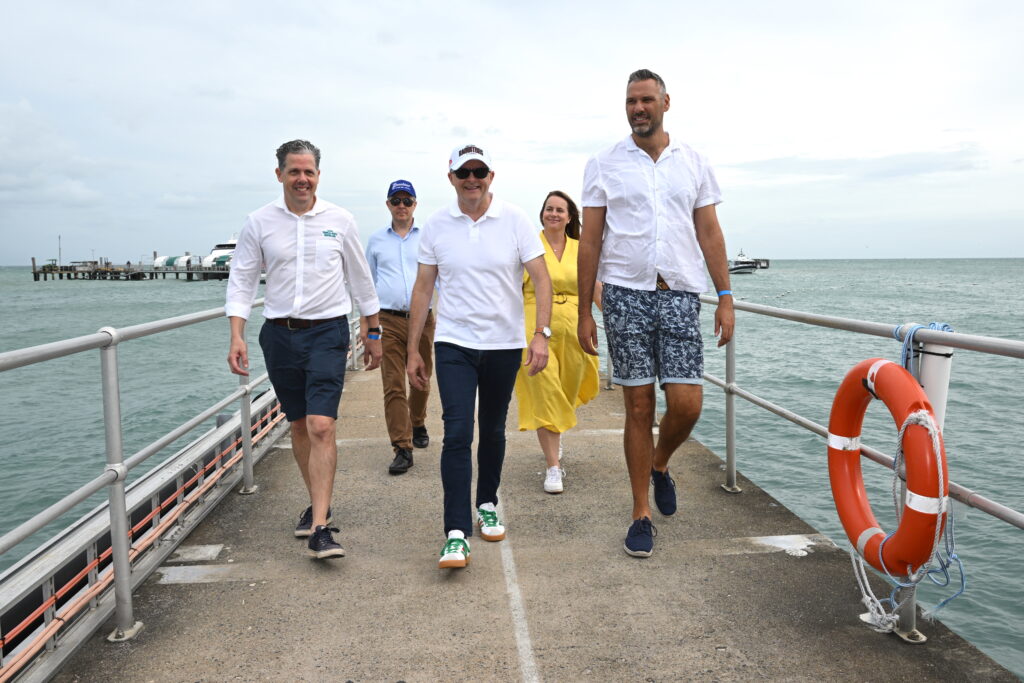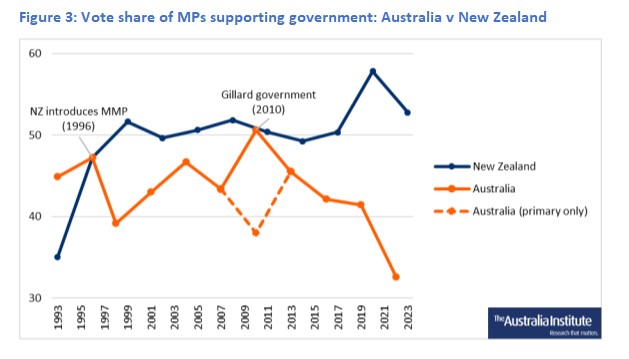Peter Dutton media conference
The Opposition Leader is asked how his plan for a domestic gas reserve would get gas to Victoria:
We want to see more gas coming into the system, increasing the supply mystically. We have got $1 billion as part of our package to increase capacity. There is a business case for many of these pipelines to be built or, indeed, to be expanded. If we can create greater capacity, we can get it to market. There are storage issues here in Victoria at the moment. The Labor Party has done here in Victoria with the Prime Minister and Jacinta Allan is create a gas crisis. Drawings of the biggest users of gas in the country, many people have heating systems in their own homes. There is a vibrant manufacturing industry in the state, or there was double the Labor Party it. I want to rebuild manufacturing in Victoria. I want to grow jobs in factories like this … I will make sure we can provide support with a gas policy to bring the cost of things down across the economy.



